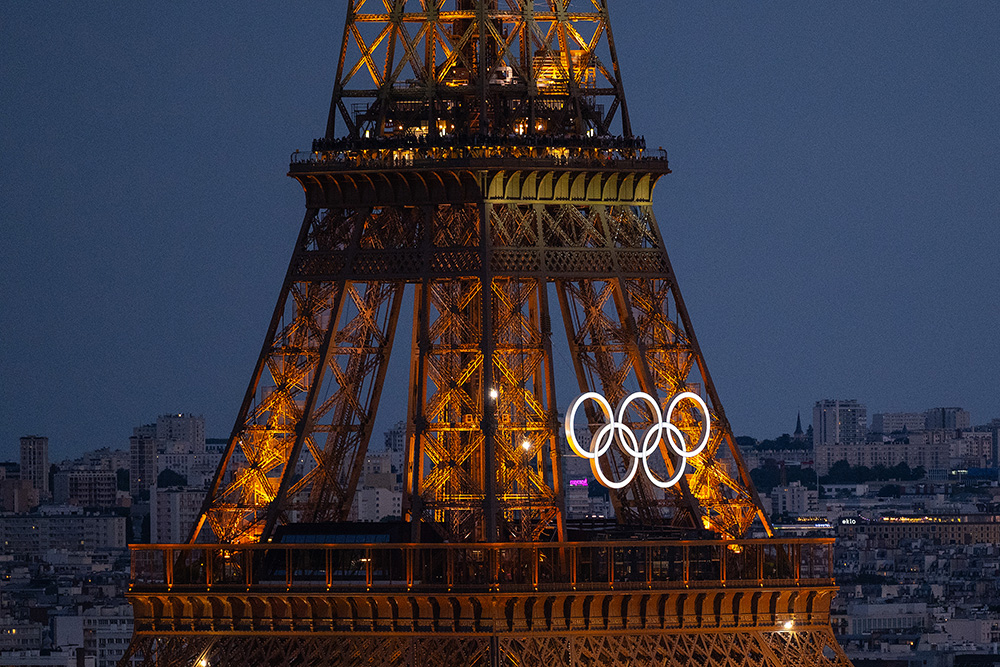
On the morning of July 11, 2024, several long-distance internet cables were cut in multiple locations across France, causing widespread disruption to internet services during the Paris Olympics. This incident is the second significant disruption during the Games, following a series of arson attacks on high-speed train lines.
Marina Ferrari, France’s junior minister for digital affairs, announced on X that the damage impacted telecommunications providers, leading to “localized consequences” for both fiber optic services and mobile internet connectivity. The French Ministry of the Interior, responsible for policing agencies, did not immediately respond to requests for comment, while the French cybersecurity agency ANSSI stated that the issues are not related to a cybersecurity incident, as reported by WIRED.
As of now, no group has claimed responsibility for the sabotage.
Authorities are investigating possible connections to previous incidents, including arson attacks on high-speed train lines just hours before the Olympics began. There is speculation that individuals with “ultra-left” political affiliations might be involved, but no suspects have been identified.
Telecom Companies Affected
The vandalism has primarily affected SFR, the second-largest telecoms company in France. A spokesperson for SFR revealed that their long-distance fiber network was sabotaged between 1 am and 3 am in five different locations. The company has since deployed maintenance teams to repair the damage, noting that the impact on customers was “limited.” The spokesperson also mentioned that between three and eight other operators, who use SFR’s network, were impacted by the incident.
Nicolas Guillaume, CEO of the telecom firm Nasca Group, which owns the ISP Netalis, stated that the damage was “deliberate.” He shared images on X showing that several cables appeared to have been cleanly cut, suggesting that the saboteurs had accessed the ducts where the cables are housed. Guillaume indicated that ISPs serving both customers and businesses have been affected. Another internet company, Free 1337, also confirmed it is working on repairing the damage.
The incident underscores the fragility of the internet’s physical infrastructure, despite its capacity to reroute traffic and minimize outages. This infrastructure, consisting of cables that traverse countries and seas, is vital yet vulnerable to attacks. EU politicians have called for enhanced security measures to protect this critical infrastructure.
Similar Incident Happened Before
This recent act of sabotage is not an isolated case. In April 2022, crucial long-distance internet cables around Paris were also deliberately cut, causing significant outages affecting around ten internet and infrastructure companies. During that incident, the cables were surgically cut at approximately the same time in three locations—north, south, and east of Paris.
This disruption resulted in thousands of people experiencing temporary internet blackouts as network operators worked to reroute traffic. Nicolas Guillaume described those responsible as professionals, based on the precision of the cuts.
Arthur PB Laudrain, a postdoctoral research associate in cyber diplomacy at King’s College London, commented on the incident, suggesting that while the recent sabotage appears “less serious” than the 2022 outages, it could still involve groups with ultra-left, ecological, or anarchist inclinations.
He also mentioned the possibility of state actors supporting or directing these groups to maintain plausible deniability.
Featured Image courtesy of David Ramos/Getty Images
Follow us for more tech news updates.
